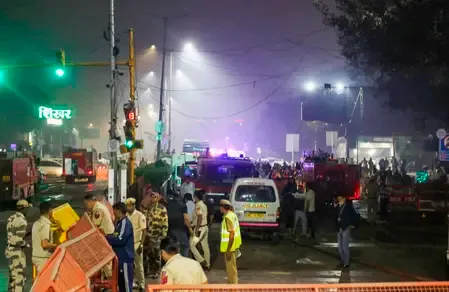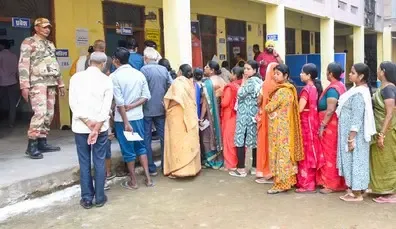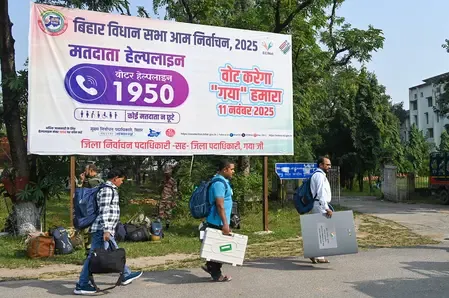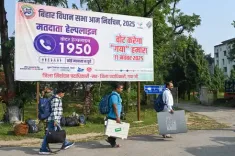Is Domestic Production of Fertilisers at an Optimum Level?
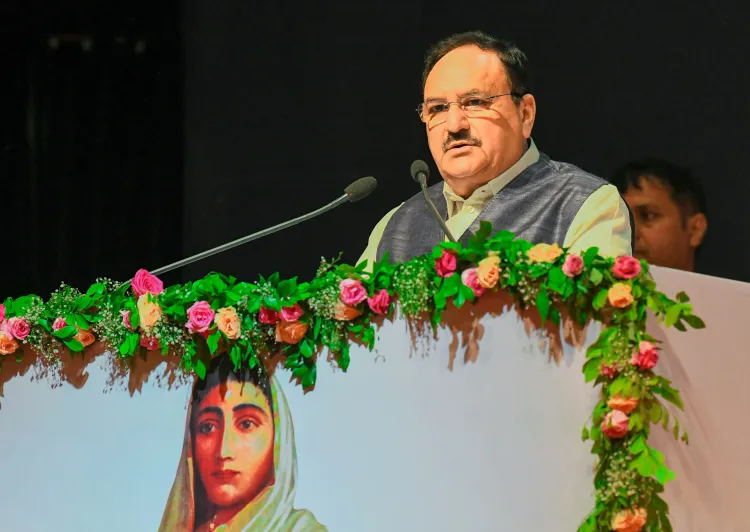
Synopsis
Key Takeaways
- Domestic fertiliser production is at an optimum level.
- DAP output has reached record highs.
- Collaboration with exporters ensures steady supply.
- Focus on sustainable practices is critical.
- Efforts to combat illegal fertiliser practices are ongoing.
New Delhi, June 5 (NationPress) The government has confirmed that domestic fertiliser production is currently being maintained at an optimum level, with di-ammonium phosphate (DAP) output hitting 3.84 lakh metric tonnes, the highest recorded in recent months.
Union Minister for Chemicals and Fertilisers, JP Nadda, conducted a high-level meeting with officials from the Department of Fertilisers to assess the availability and distribution of fertilisers amid the ongoing Kharif season.
Nadda emphasized the vital role of agriculture in safeguarding the nation’s food security and stressed the necessity of timely access to essential nutrients that bolster crop productivity.
Officials provided updates on the current fertiliser supply situation and preparations for Kharif 2025.
To address the disparity between demand and domestic supply, Indian fertiliser companies have established partnerships with major fertiliser exporters including Saudi Arabia, Morocco, and Russia, ensuring a consistent flow of imports throughout the year.
The Union Minister instructed officials to guarantee that fertilisers are distributed promptly across all states to fulfill farmers’ requirements. He highlighted the need for close collaboration with all stakeholders, including state governments, fertiliser companies, railways, and port authorities.
Nadda voiced his concerns regarding the increasing dependency on chemical fertilisers, especially urea.
In response, he reiterated the importance of promoting sustainable agricultural practices and urged officials to enhance the implementation of PM-PRANAM (PM Programme for Restoration, Awareness Generation, Nourishment, and Amelioration of Mother-Earth).
This initiative aims to foster sustainable and balanced fertiliser usage, encourage alternative fertilisers, and advance organic and natural farming methods. States that achieve a reduction in chemical fertiliser usage will qualify for incentives under this program.
Moreover, the minister stressed the necessity for coordinated actions with state governments to combat issues like illegal diversion, hoarding, and black marketing of fertilisers. He called for rigorous measures to prevent these malpractices, ensuring that fertilisers reach their intended beneficiaries.

